
North Korea claims sea drone capable of unleashing "radioactive tsunami"
Military analysts are dubious of the latest wild claims from Kim Jong Un's regime, which is furious over the latest U.S.-South Korean joint military exercises.
Watch CBS News

Elizabeth Palmer is CBS News' senior foreign correspondent. She is based in the CBS News London Bureau and reports on events across Europe and the Middle East. Palmer was previously based in Tokyo, reporting from across Asia, and before that in Moscow, for CBS News.
After the 9/11 attacks, Palmer was one of the first network correspondents to get into Afghanistan. She spent much of the next decade reporting on the conflicts there and in Iraq. She has also travelled frequently to Iran to report on politics, culture, and the evolution of its nuclear program. She remains one of the very few Western journalists to have visited some of Iran's nuclear sites.
In 2011, Palmer covered the NATO military intervention in Libya that led to the overthrow of Muamar Ghadaffi. The following year, she reported on the death of U.S. Ambassador Chris Stevens in Benghazi and tracked down one of the prime suspects in the attack, interviewing him while famously sipping mango juice.
Palmer won a duPont Award for her reporting on the Syrian civil war. Over seven years and on multiple trips, she travelled from one end of the country to the other to gain access to both the Syrian Arab Army and to rebel fighters.
While Palmer has made a name for herself as a war correspondent, she loves the arts and has crafted many stories for "CBS Sunday Morning." She is proud to have been disguised on camera as a bunch of bananas by the Austrian body painter Johannes Stötter. Other highlights of her arts coverage include a profile of the American entertainer and civil rights activist Josephine Baker, and an interview in Moscow with Amor Towles, the American author of the bestselling novel "A Gentleman in Moscow."
Palmer loves to knit, which she says calms her nerves in war zones.
Before joining CBS News, she was the Moscow correspondent for the Canadian Broadcasting Corporation, reporting in both English and French (1997-2000). She also opened CBC's Latin American bureau in Mexico City in 1994, where she spent three years covering stories from the region that included the implementation of the North American Free Trade Agreement and the Chiapas indigenous rebellion.
Prior to her overseas assignments, she was a documentary reporter (1990-1994) for CBC's The Journal and a reporter (1988-1990) for the business program "Venture" in Toronto. Palmer hosted CBC Radio's Olympic coverage from the 1988 Winter and Summer Olympic Games and anchored some of the corporation's best-known current affairs programs.
She has contributed to the Columbia Journalism Review and The Globe and Mail, Iraq - An Oral History, and has filed reports and analysis for PBS and National Public Radio.
Palmer received the 1994 Science Writers of Canada Award for Best Television Documentary, the 1995 New York Television and Radio Award for Best News Feature, and the 2005 Sigma Delta Chi Award for her coverage of the Beslan school hostage siege in Russia. She is the recipient of several Emmy nominations.
Palmer was born in London and grew up in Canada. She graduated with honors from the University of British Columbia in 1976 with a bachelor's degree in English and did graduate studies at the Centre for Journalism Studies at University College in Cardiff. She and her husband have two children.

Military analysts are dubious of the latest wild claims from Kim Jong Un's regime, which is furious over the latest U.S.-South Korean joint military exercises.
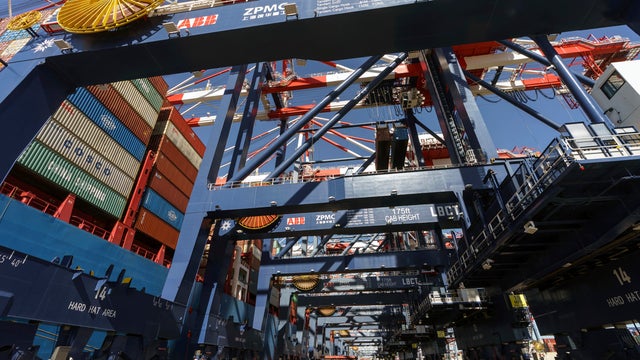
As a new fear over possible Chinese intel-gathering on U.S. soil emerges, U.S. business leaders in Beijing watch the People's Congress for clues about the year ahead.
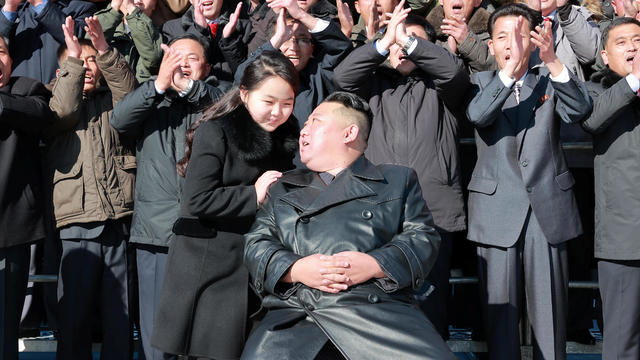
Just weeks ago, the world knew almost nothing about the North Korean dictator's kids. Now a daughter has been unveiled. Is she a dictator-in-waiting?
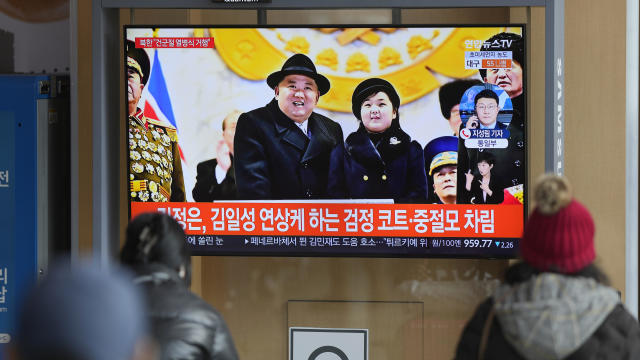
The head of the U.S. Space Force in South Korea expects the North Korean dictator to launch even more missiles this year, but they'll be watching.
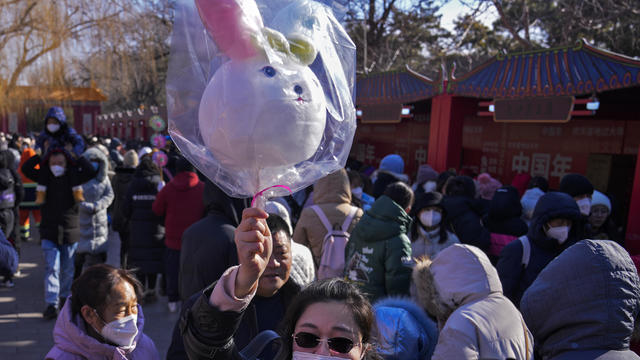
Experts think the number of COVID deaths will peak in China in the coming days, and despite a travel boom, the worst of the pandemic may finally be over.
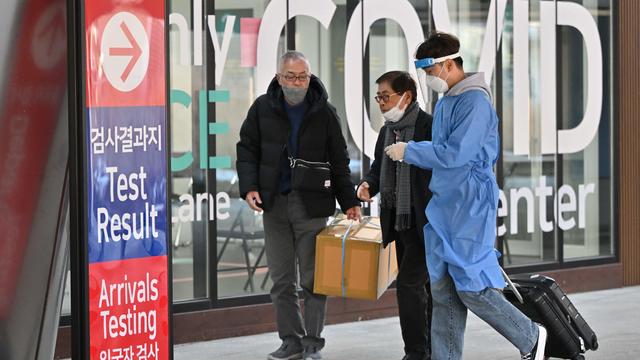
While there's no clear evidence yet of a dangerous new variant emerging, cases are surging, and that carries risks for both China and the world.
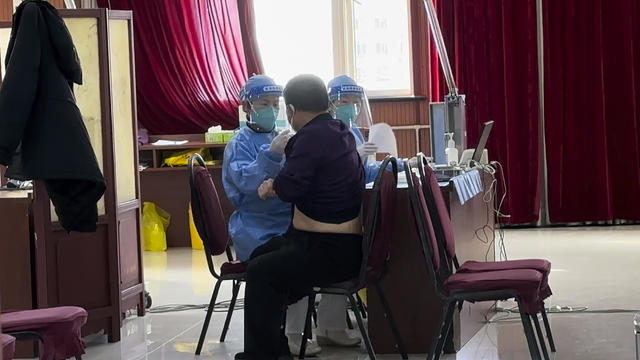
Despite official promises of a vaccine surge and calls for most of those infected to just ride it out, sudden policy changes have left many people nervous.
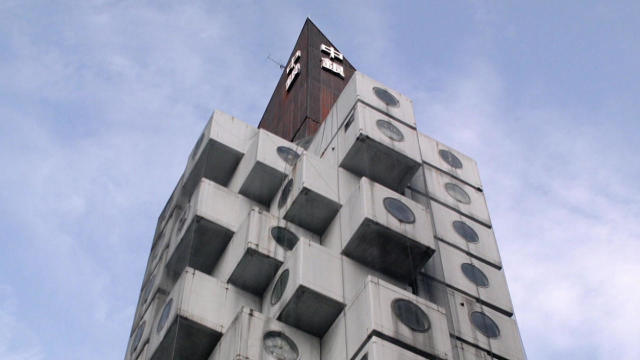
Completed in 1972, Nakagin Tower, designed by Kisho Kurokawa, was a landmark of modular architecture: 140 stacked, prefabricated apartment pods. But now the tower is being demolished, its pods time capsules of the ultra-modern 1970s.
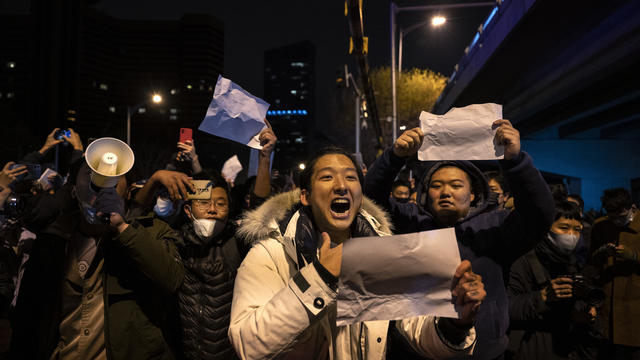
"Down with Xi Jinping! Down with the Communist Party!" protesters could be heard chanting in videos circulated online.

Towns in Japan that are competing to offset their declining populations.
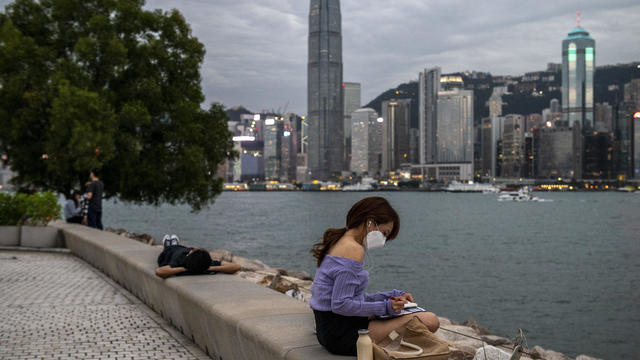
Over the past year, more than 100,000 people have left — a record.

There's little room for free speech when "you could be arrested and could be put in jail, maybe for a year or two years, with no trial."

As Kamala Harris joined other dignitaries to mourn the former leader, outside, a lot of attention was being paid to a global church and its role in politics.

The Nobel Prize winning Philippine journalist and her outlet have been locked in a battle over free speech with President Rodrigo Duterte's government for years.

America's top envoy in the nuclear standoff with the North has made it clear that Washington is taking Kim Jong Un's threats seriously, and is frustrated over China and Russia's stance.